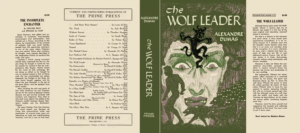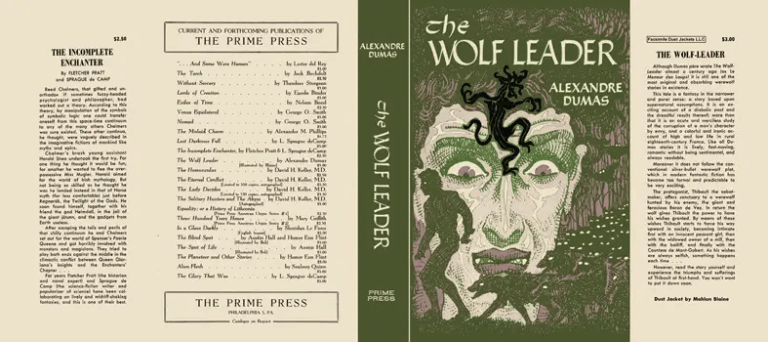“Here! You may nurse it a bit, if you like!” the Duchess said to Alice, flinging the baby at her as she spoke. “I must go and get ready to play croquet with the Queen,” and she hurried out of the room. The cook threw a frying-pan after her as she went, but it just missed her. Alice caught the baby with some difficulty, as it was a queer-shaped little creature, and held out its arms and legs in all directions, “just like a star-fish,” thought Alice. The poor little thing was snorting like a steam-engine when she caught it, and kept doubling itself up and straightening itself out again, so that altogether, for the first minute or two, it was as much as she could do to hold it.
As I have mentioned last week, when we met the Duchess, her baby ia something out of a nightmare and this week we find out why.
As soon as she had made out the proper way of nursing it (which was to twist it up into a sort of knot, and then keep tight hold of its right ear and left foot, so as to prevent its undoing itself), she carried it out into the open air. “If I don’t take this child away with me,” thought Alice, “they’re sure to kill it in a day or two. Wouldn’t it be murder to leave it behind?” She said the last words out loud, and the little thing grunted in reply (it had left off sneezing by this time). “Don’t grunt,” said Alice; “that’s not at all a proper way of expressing yourself.”
Apparently Carroll disliked little boys just as much as he liked little girls (I know it’s bad, when I put it this way, but truth is we do not know if it was not bad…). In his Annotated Alice, Martin Gardner reminds us that in Sylvie and Bruno Concluded we meet an unpleasant child named Uggug (“a hideous fat boy . . . with the expression of a prize-pig”) who finally turns into a porcupine. And he reminds us of a letter to Maggie Cunnynghame, in which he sents hsi hatred to her «small, Fat, impertinent, ignorant brother».
Alice was just beginning to think to herself, “Now, what am I to do with this creature, when I get it home?” when it grunted again, so violently, that she looked down into its face in some alarm. This time there could be no mistake about it: it was neither more nor less than a pig, and she felt that it would be quite absurd for her to carry it any further.
The super creepy scene is made even worst by the choice of words, as “carry it further” is also what we would say about a pregnancy. So let us take a look at some pictures, starting with Tenniel.
Tenniel’s picture of Alice holding the pig-baby appears, with the baby redrawn as a human one, on the front of the envelope holding the Wonderland Postage-Stamp Case. This was a cardboard case designed to hold postage stamps, invented by Carroll and sold by a firm in Oxford. When you slip the case out of its envelope, you find on the front of it the same picture except that the baby has become a pig, as in Tenniel’s original drawing.
Arthur Rackham himself gives us this illustration too, and it’s incredible the amount of distress he’s able to convey in Alice’s expression.
On the other hand, one that does not seem to mind at all is Mary L. Kirk’s Alice. Which really bothers me.
This is also the case for other sugary illustrations such as Ada Bowley’s and Mabel Attwell.












No Comments